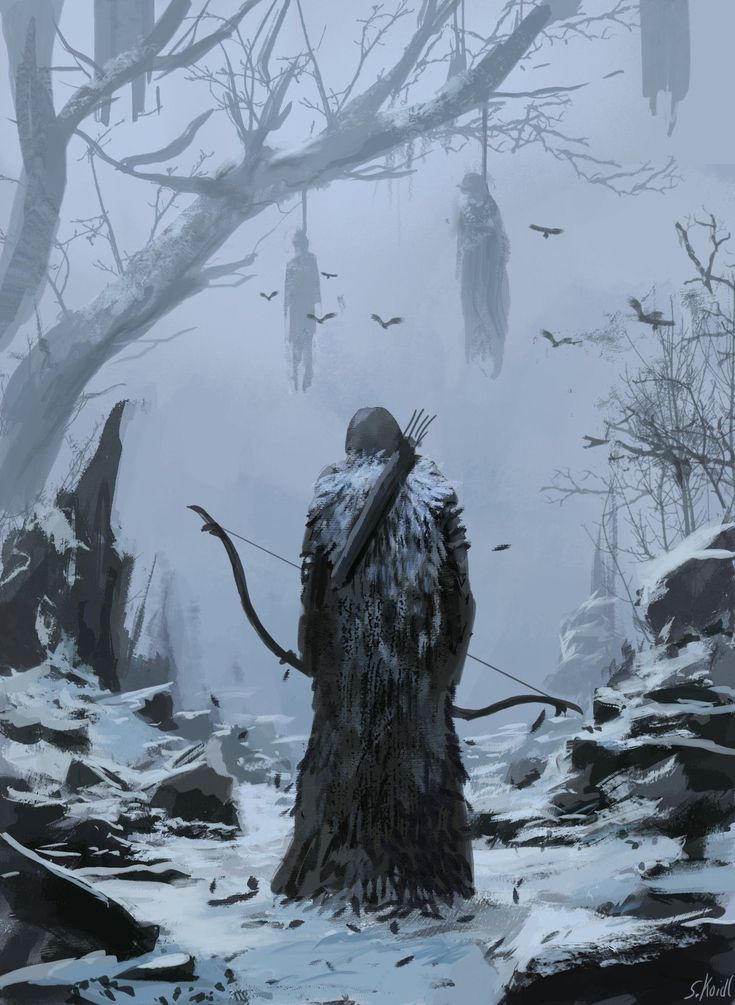Differences on Adventures
Welcome adventurers! This page outlines the core rules for embarking on adventures within our campaign. Understanding these guidelines will ensure a smooth and immersive experience for everyone.
==== Earning Experience (XP) ====
Experience points are the lifeblood of your progression, allowing you to grow in power and skill. Here’s how you'll earn them:
**Overcoming Challenges:** Successfully navigating encounters, puzzles, traps, and other obstacles will earn you XP. The more difficult the challenge, the greater the reward.
**Roleplaying & Story Integration:** Meaningful engagement with the world, interactions with NPCs, and actions that advance your personal story or the overarching narrative are all rewarded. This isn't just about "what you do," but how you do it.
**Quest Completion:** Completing major quest objectives and side quests will grant significant XP.
Specific XP amounts will be determined by the DM based on the encounter's difficulty, your performance, and your engagement with the story. A mix of combat, roleplaying, and exploration will usually lead to the most optimal XP gains.
**Levels 1-3:** 675 XP per adventure
**Levels 4-7:** 300 XP per level per adventure scene
**Levels 8-11:** 375 XP per level per adventure scene
**Levels 12-16:** 450 XP per level per adventure scene
**Levels 17-20:** 525 XP per level per adventure scene
**Casual RP**
250 XP every 30 minutes of good quality RP, up to a maximum of 1000 XP per character per day.
==== The Golden Rule: In-Character Engagement ====
This campaign places a strong emphasis on roleplaying and immersion. Therefore, the DM will never initiate an adventure unless the player characters (PCs) are actively behaving in character.
Here’s what this means:
**Active Engagement:** You should be actively engaged with the game world and with your character. This means deciding what your character would do, not just what you, the player, want to do.
**Please do not sit in the lobby, waiting.**
**Consistent Actions:** Your character's actions, reactions, and dialogue should align with their established personality, motivations, and background.
**Proactive Roleplaying:** Don't wait for the DM to force the story upon you; seek out opportunities to advance your character's goals and the overall narrative.
==== What Happens if You're Out-of-Character? ====
If the party is consistently behaving in a way that is clearly out-of-character, the DM will halt the game and remind the players to consider their characters’ motivations and goals. This doesn’t mean every decision must be perfect, but it does mean you must always think as your character.
**The Exception:** Pre-Planned Adventures
**There is one exception to this rule:** if the DM has specifically pre-planned an adventure (e.g., a one-shot, a specific story arc opener, etc.), this may be initiated regardless of character behavior. These pre-planned scenarios will generally be communicated ahead of time. However, even in these instances, your in-character responses will drive the narrative and your impact.
**Why This Rule Exists:**
This rule ensures that the campaign evolves organically based on your characters' choices. This helps create a richer, more meaningful experience where your actions matter. It also prevents “railroading” – which neither you or the DM want.

